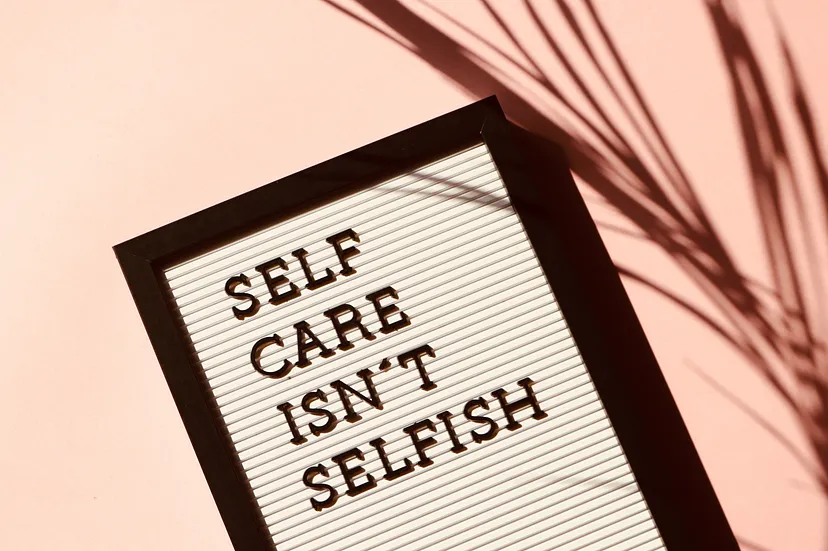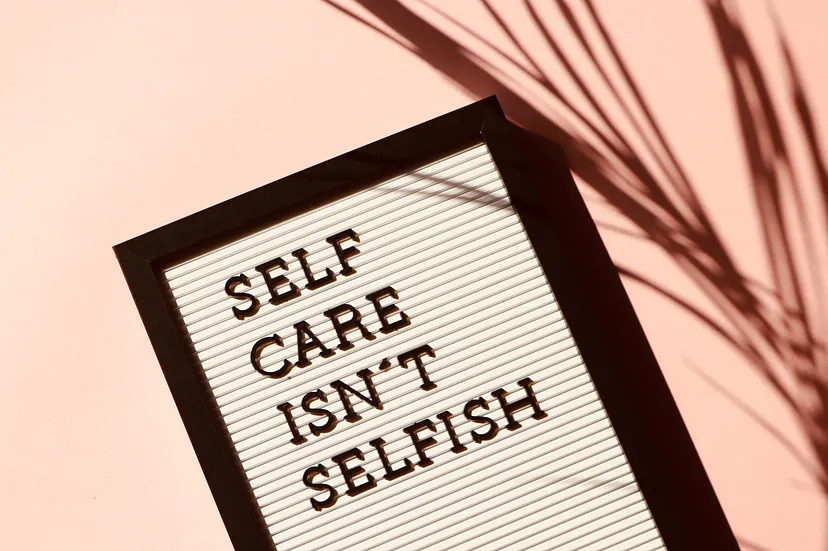
Founders are limited by time and resources. That makes prioritizing mental health compromising under already stressful circumstances. But not prioritizing your mental health can quickly become a significant business problem.
Entrepreneurs are 50% more likely to have a mental health condition and 50% more likely to suffer from depression than the average person. The mental health problems founders face can easily create conditions that undermine founder performance and jeopardize their startup success. Like co-founder conflict and other people’s problems, much of which can be managed by prioritizing mental health resources.
According to Pioneer Mind, which connects startup founders with 1-on-1 and group mental wellness coaching, series D founders and executives who prioritized their mental health through group coaching or therapy not only reduced their stress, they improved their business performance by 96%, improved employee retention by 91%, and increased their fundraising ability by 85%.
Read on to find out the meaningful ways you should invest in your — and your company’s — health.

1. Begin your wellness journey before things get tough
In any startup, time is of the essence, and, outside of capital and people power, one of your most important assets. It’s easy to push off prioritizing yourself as a founder. But spending time that doesn’t seemingly go directly to your company’s growth can seem wasteful. However, it’s important to start — and prioritize — your wellness journey before your startup journey gets complicated.
Trauma-focused therapist Aimee Lori Garrot says, “I think if a person is in a good space, they can often work on things more successfully than if they are in the middle of a horrible depression.”
Complications can help us see things more clearly. But, going to therapy in good times can help us address the small — but problematic ways — we might be viewing the world, accelerating our ability to quickly tackle everyday issues that come with building a company.
2. Build a community with like-minded allies
Being a founder means leaving the safety of your professional networks to build something entirely new. In the early stages of establishing a company, there’s little in the way of having large teams from different disciplines brainstorm or provide feedback. It also means fewer internal networks to find resources, connections, and other benefits.c.
Building a community with like-minded allies can be one of the most critical aspects of your founder’s journey. Developing professional relationships with other entrepreneurs — and even those within your own market space — can not only lead to helpful insights for your business but also help alleviate some of the isolation of being a founder.

3. Remember, Social Media Isn’t a Reality
By now, the above adage should be a staple mantra in everyone’s life. However, it’s easy to forget that people tend to only post about their successes on social media. Very few people speak openly about their failures, especially those in business.
A research study led by the University of Pennsylvania revealed that limiting your use of social media to just 30 minutes a day can help alleviate FOMO (fear of missing out), improvise symptoms of anxiety or depression, and improve quality of life. For founders, it also reduced overall feelings of loneliness.
4. Navigate Self Doubt By Creating A Practice
Self-doubt is an inevitable part of creating a company. Developing a product into a profitable company averages at least three years, and there will be many twists and turns. Everything is on a learning curve, from the dozens of iterations that go into ensuring your product market fit the relationship navigating and negotiations that go into developing the best distribution networks to the daily management of building a team. The constant setbacks and hurdles of building a startup can also lead to many self-doubts.
Creating a daily practice is one of the best ways to maintain your mental tenacity to maintain a positive mindset throughout this time. Jess Ratcliffe, a personal-development coach, suggests setting an intention each day helps anchor founders back to their self-belief. Daily meditation, yoga, walking, or other forms of self-care can reduce stress, anxiety, and depression, as well as boost creativity & emotional intelligence. It also adds to productivity.
5. Avoid Burnout
Sounds easier said than done, especially when you’re one of few — or the only — person in your company running the show. But it’s important to be self-aware and know your limits. Burnout happens when our boundaries get crossed in the workplace, which means taking a step back from the workplace is essential. Sleeping, eating right, staying active, going on a vacation, and even finding a hobby can ensure that you are creating enough distance to mentally “check out of” your company, which can be perfect for both you and your startup long run.

